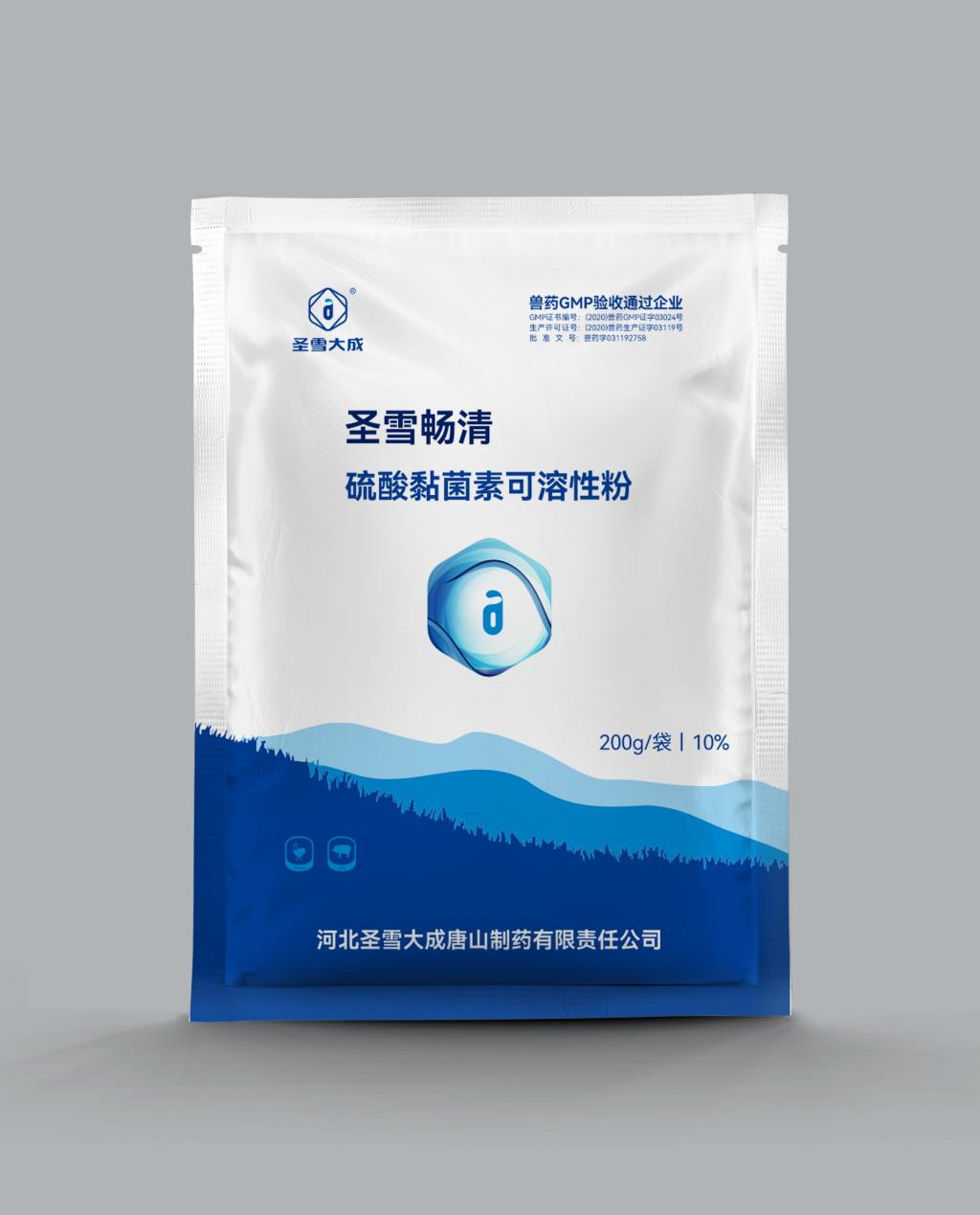Tel:+8618231198596

News
 CONTACT
CONTACT
 CONTACT
CONTACT
- Linkman:Linda Yao
- Tel: +8618231198596
- Email:linda.yao@dcpharma.cn
- Linkman:CHARLES.WANG
- Department:Overseas
- Tel: 0086 0311-85537378 0086 0311-85539701
News
Current Position:
Home >
News
>Farm-to-Table Impact: Colistin Sulfate Soluble Powder and Food Safety.
Farm-to-Table Impact: Colistin Sulfate Soluble Powder and Food Safety.
TIME:2024-01-11
1. Introduction:
Colistin sulfate soluble powder, a vital antibiotic in veterinary medicine, is intricately woven into the fabric of animal agriculture. Its impact extends beyond the barns to the tables where consumers place their trust in the safety of the food they consume. This article aims to unravel the farm-to-table impact of colistin sulfate soluble powder, navigating through its significance in animal health, the complex journey from farm to table, regulatory measures in place, and the ongoing efforts to uphold food safety standards in the face of evolving challenges.
2. Colistin Sulfate Soluble Powder in Animal Health:
Role in Veterinary Medicine:
Colistin sulfate, a polymyxin antibiotic, is widely used in animal agriculture to combat bacterial infections in livestock. Its effectiveness against Gram-negative bacteria makes it a valuable tool in the arsenal of veterinary treatments, contributing to the well-being of animals and ensuring the productivity of farms.
Challenges of Antibiotic Use in Agriculture:
While antibiotics play a crucial role in maintaining animal health, their use in agriculture raises concerns. The potential development of antibiotic-resistant strains of bacteria and the transmission of resistance genes to human pathogens underscore the need for responsible antibiotic use to mitigate the risk of compromising human and animal health.
3. Farm Practices and Antibiotic Administration:
Veterinary Supervision and Prescription:
Responsible administration of colistin sulfate soluble powder requires veterinary supervision and prescription. Veterinarians play a key role in assessing the health of animals, determining the need for antibiotics, and prescribing appropriate dosages. This ensures that the use of colistin sulfate is targeted and justified.
Withdrawal Periods and Residue Management:
Farmers must adhere to withdrawal periods – the time between the last administration of colistin sulfate and the harvesting or milking of animals. This precautionary measure allows the antibiotic to clear from the animal's system, minimizing the risk of residues in food products. Stringent residue management practices are essential to uphold food safety standards.
4. Journey from Farm to Table:
Impact on Animal-Derived Food Products:
The farm-to-table journey of colistin sulfate involves a series of interconnected stages, each with implications for food safety. From the administration of the antibiotic on the farm to the processing, distribution, and consumption of animal-derived products, every step plays a role in determining the safety of the final food products.
Processing and Quality Control Measures:
Processing plants play a critical role in ensuring the safety of meat, milk, and other animal-derived products. Rigorous quality control measures, including residue testing and adherence to food safety standards, are implemented to detect and prevent the presence of antibiotic residues in the final products.
5. Regulatory Measures and Global Perspectives:
US FDA and EU Regulations:
Regulatory bodies, such as the U.S. Food and Drug Administration (FDA) and the European Medicines Agency (EMA), set stringent standards for the use of colistin sulfate in animal agriculture. These regulations focus on promoting responsible antibiotic use, safeguarding animal and human health, and maintaining the integrity of the food supply chain.
International Collaboration and Guidelines:
International organizations, including the World Health Organization (WHO) and the World Organisation for Animal Health (OIE), collaborate to establish global guidelines and standards. This collaborative effort reflects the interconnected nature of food safety and the shared responsibility of nations to address the challenges posed by antibiotic use in animal agriculture.
6. Ongoing Research and Alternatives:
Research into Antibiotic Alternatives:
The potential risks associated with antibiotic use in agriculture have spurred research into alternatives. Scientists explore innovative approaches, including phytogenic compounds, probiotics, and bacteriophages, as potential substitutes for or complements to antibiotics. Ongoing research aims to identify effective alternatives that maintain animal health without compromising food safety.
Antibiotic Stewardship Initiatives:
Antibiotic stewardship programs advocate for judicious antibiotic use in animal agriculture. These initiatives promote responsible practices, educate stakeholders about the risks of antibiotic resistance, and encourage the development and adoption of sustainable farming practices that prioritize animal welfare and food safety.
7. Consumer Awareness and Education:
Understanding and Consumer Choices:
Consumers, armed with information, play a crucial role in shaping the farm-to-table impact of colistin sulfate soluble powder. Awareness about antibiotic use in agriculture empowers consumers to make informed choices, supporting farming practices that prioritize responsible antibiotic use and sustainable food production.
Labels and Certification Programs:
Labels indicating antibiotic-free or raised-without-antibiotics certifications provide consumers with options aligned with their preferences. Certification programs promote transparency in farming practices and enable consumers to choose products that align with their values regarding antibiotic use in animal agriculture.
8. Challenges and Future Directions:
Balancing Animal Health and Food Safety:
The challenge lies in striking a delicate balance between maintaining animal health and ensuring food safety. As efforts to address antibiotic resistance intensify, finding alternatives that meet the dual objectives of effective veterinary treatment and responsible antibiotic use becomes a priority.
Global Cooperation and Research:
Global cooperation is essential to tackle the complex challenges associated with antibiotic use in animal agriculture. Collaborative research initiatives, knowledge-sharing platforms, and joint efforts by regulatory bodies contribute to a collective understanding of best practices and facilitate the development of sustainable solutions.
9. Conclusion:
The farm-to-table impact of colistin sulfate soluble powder involves a complex interplay of factors, from responsible antibiotic administration on the farm to stringent processing standards and informed consumer choices. Navigating this intricate journey requires ongoing research, global collaboration, and a commitment to antibiotic stewardship. As the world grapples with the challenges of maintaining food safety while preserving the efficacy of antibiotics, the farm-to-table impact of colistin sulfate soluble powder remains a critical area of focus in the intersection of animal health, agriculture, and public health.
- Tel:+8618231198596
- Whatsapp:18231198596
- Chat With Skype







